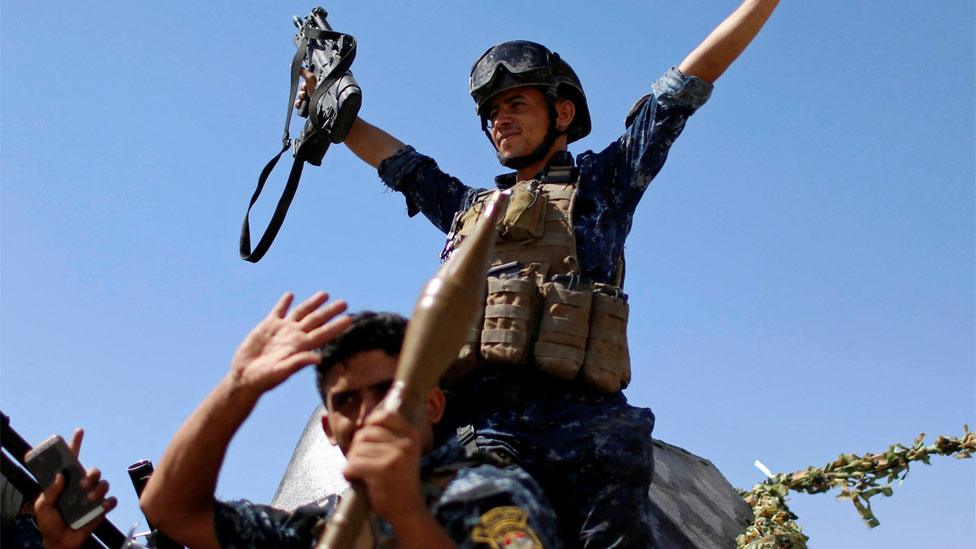IS conflict: Iraqi forces enter outskirts of Tal Afar
- Published
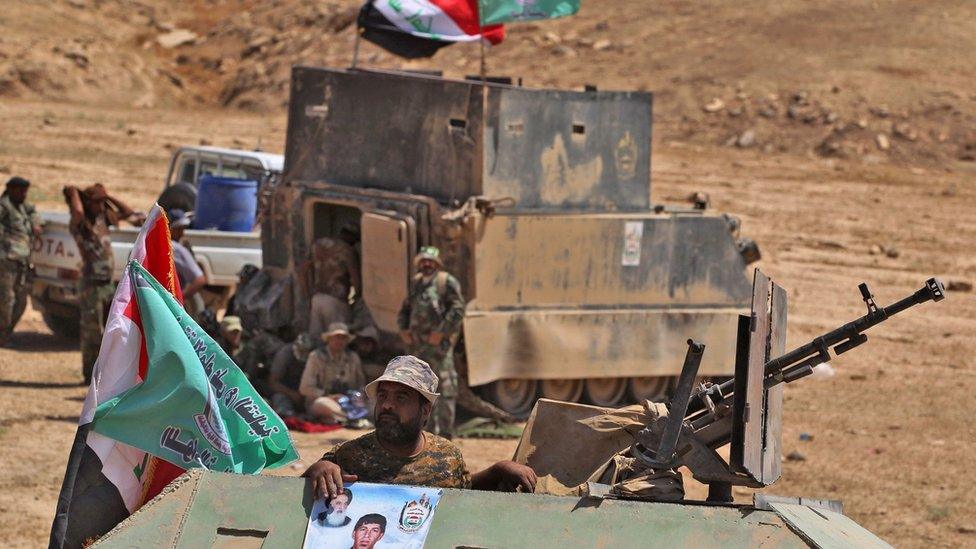
The Shia-dominated paramilitary Popular Mobilisation force is supporting security units
Iraqi forces have fought their way into the outskirts of the city of Tal Afar, one of so-called Islamic State's last remaining strongholds in the country.
Counter-terrorism units entered the south-western Kifah district on Tuesday, the military said.
IS militants responded by firing rockets and deploying suicide car bombs, according to one commander.
Iraq's prime minister launched the assault on Tal Afar on Sunday, a month after declaring victory in Mosul.
Haider al-Abadi told the estimated 2,000 jihadists holed up inside the city, along with between 10,000 and 40,000 civilians, that they should "surrender or die".
Tal Afar, which had a predominantly ethnic Turkmen population of 200,000 before it fell to IS in June 2014, sits on a major supply route between Mosul, about 55km (35 miles) to the east, and the Syrian border, 150km (90 miles) to the west.
The city was cut off from both during the nine-month Mosul offensive by troops and allied militiamen from the Shia-dominated paramilitary Popular Mobilisation (Hashd al-Shaabi) force. But they did not attempt to retake it until this week.

In the first 24 hours of the operation, pro-government forces captured 235 sq km (90 sq miles) of territory from IS, according to the US special envoy to the multinational coalition against IS that is providing air and ground support.
By the second day, the troops and militiamen had reached the edge of the city.
On Tuesday, they shelled IS defensive lines along the edges of the Kifah area before storming it from the south and east, commanders said.
The Shia-led paramilitary Popular Mobilisation force is taking part in the battle for Tal Afar
Later, the Popular Mobilisation announced on its website that units from its 11th Brigade, the Federal Police's Rapid Response Force and the Iraqi Army had taken "full control" of the Kifah and Nour districts. However, there was no immediate confirmation from the military.
Special forces commander Brig Gen Haider Fadhil told, external the Associated Press that his forces had not faced tough resistance, but that he expected the fighting to be fiercer as they pushed towards the city centre.
The general said civilians had not been seen fleeing the area, but the United Nations has warned that it is preparing for thousands to attempt to escape in the coming days and weeks.
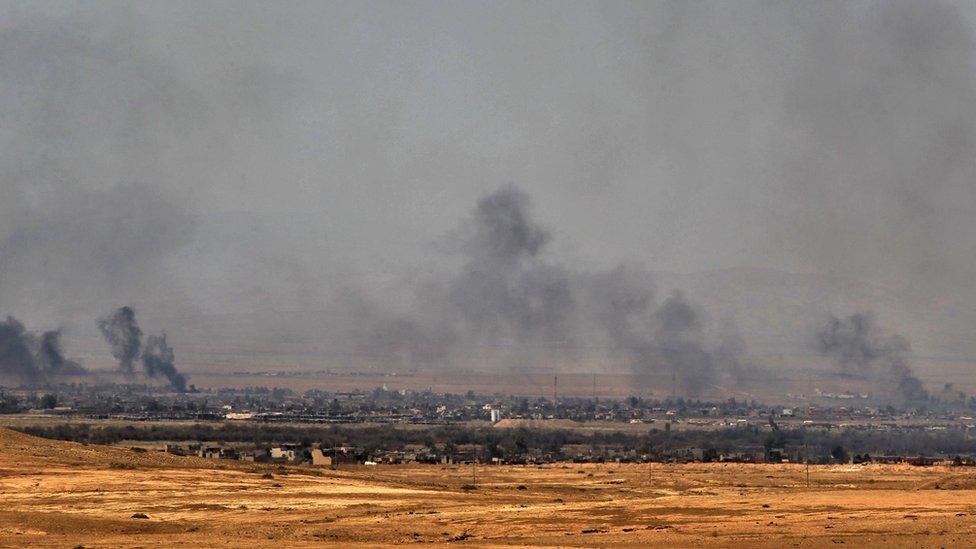
An estimated 2,000 militants are inside Tal Afar, along with between 10,000 and 40,000 civilians
Its humanitarian co-ordinator in Iraq, Lise Grande, said on Sunday that conditions were "very tough" inside Tal Afar. Food and water were running out, and people lacked the basic necessities to survive, she added.
More than 30,000 civilians have fled the Tal Afar area since the end of April, many of them arriving at Iraqi government mustering points exhausted and dehydrated after trekking for 10 to 20 hours in extreme heat, according to Ms Grande.
- Published17 October 2017
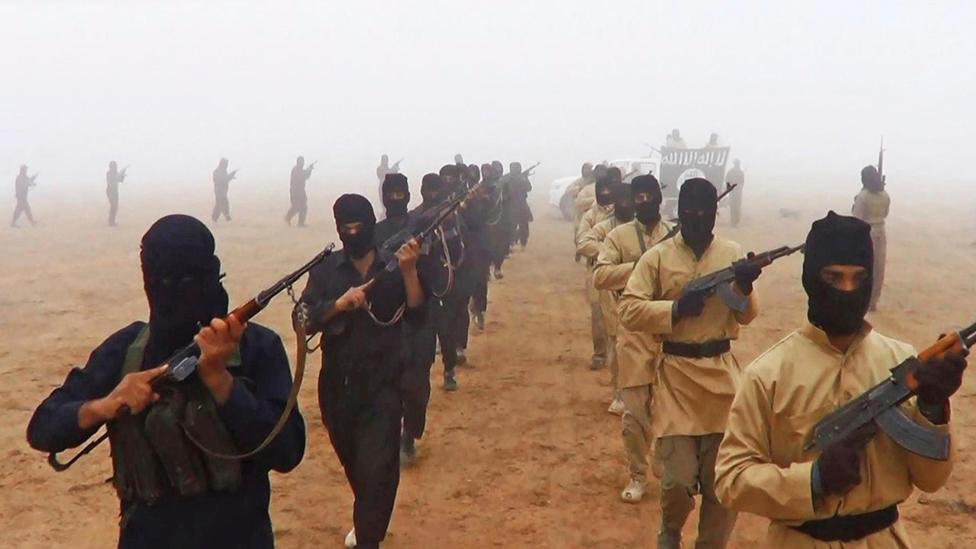
- Published10 July 2017
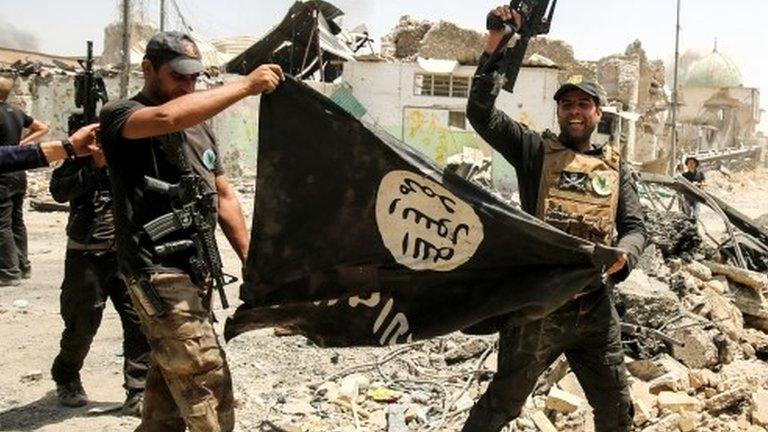
- Published22 June 2017
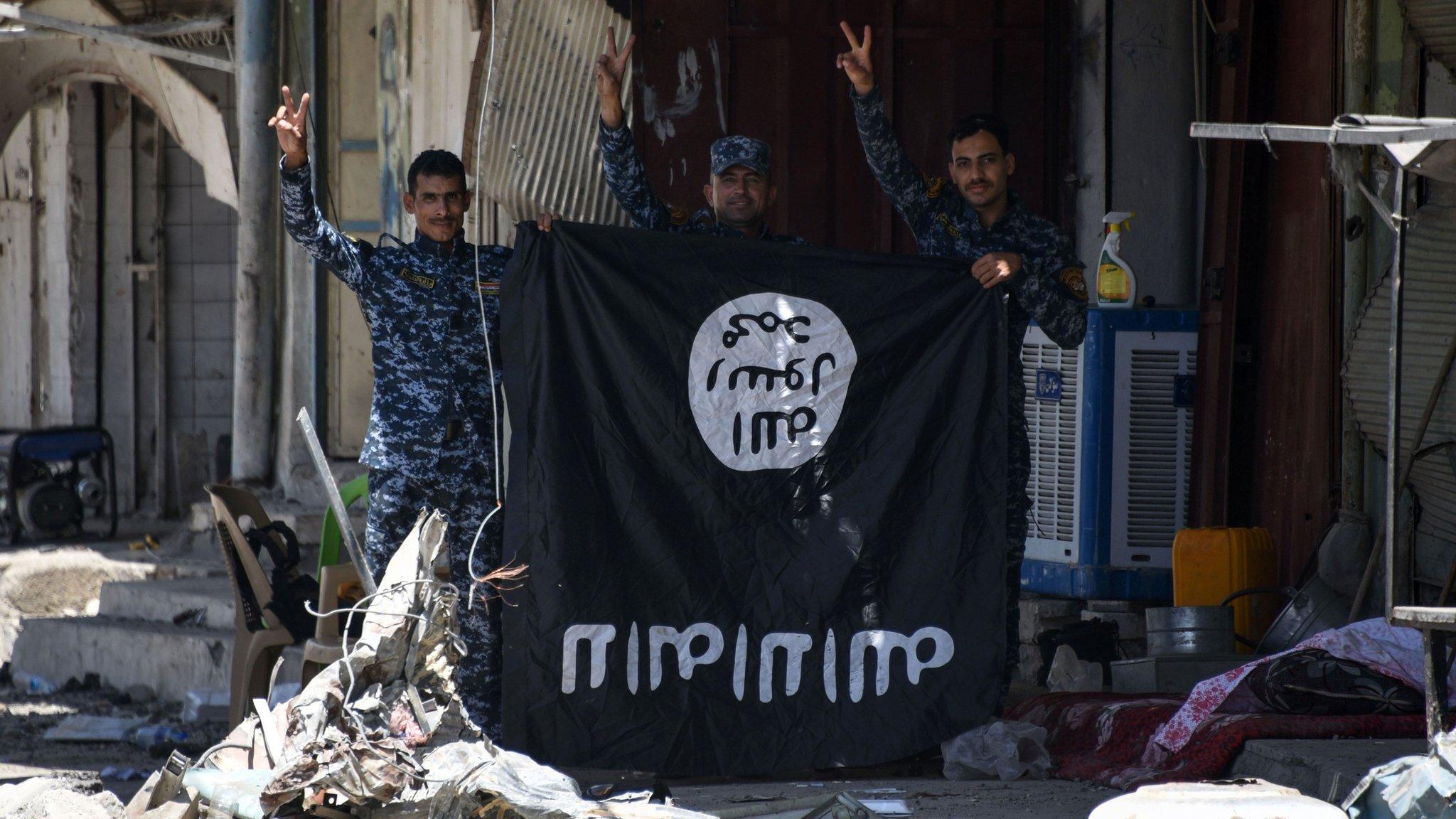
- Published29 June 2017
